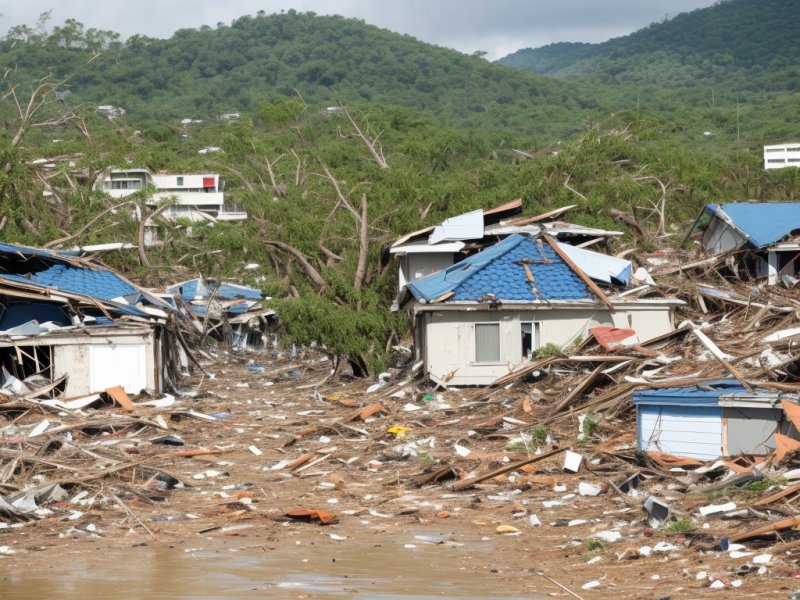
Disasters, both natural and man-made, strike unexpectedly and can leave a trail of devastation in their wake. From hurricanes and earthquakes to fires and floods, these calamities disrupt lives, businesses, and entire communities. In such trying times, having a robust disaster preparedness and recovery plan is crucial. One integral component that often goes overlooked but plays a pivotal role in securing our future is insurance. In this blog, we will delve into the significance of insurance in disaster preparedness and recovery, highlighting how it can offer a lifeline amidst the chaos.
When disaster strikes, the financial toll can be overwhelming. Without appropriate insurance coverage, individuals and businesses can find themselves facing significant losses, leaving them struggling to recover. Disaster insurance provides a safety net, helping to rebuild and restore what was lost.
There are various types of insurance policies designed to mitigate the impact of disasters, including homeowners' insurance, business interruption insurance, flood insurance, earthquake insurance, and more. Understanding these policies and securing the right coverage ensures comprehensive protection.
Insurance companies play a pivotal role in promoting disaster preparedness by conducting risk assessments and providing recommendations to policyholders. By identifying vulnerabilities and implementing measures to mitigate risks, insurance fosters a proactive approach to disaster preparedness.
Preparing for a disaster goes beyond creating emergency kits and evacuation plans. Insurance facilitates financial preparedness, as it acts as a financial buffer during recovery. Having an insurance policy in place ensures that resources are available when needed the most.
Following a disaster, insurance allows for a faster recovery process. Policyholders can access funds to repair or rebuild their homes and businesses promptly, reducing the downtime and easing the burden of restoration.
In the aftermath of a disaster, individuals and businesses may face significant losses in terms of property and assets. Insurance coverage aids in replacing these lost assets, helping policyholders get back on their feet.
One common challenge is the issue of underinsurance, where policyholders do not have adequate coverage to meet the full extent of their losses. This section will explore strategies to address this problem and ensure comprehensive protection.
Insurers can incentivize disaster-resilient construction practices by offering reduced premiums to policyholders who invest in protective measures, ultimately creating a more resilient community.
In the face of the unforeseen and often devastating nature of disasters, insurance emerges as a vital lifeline for individuals and businesses alike. From preparing for the worst to facilitating a smoother recovery process, insurance plays an indispensable role in disaster preparedness and recovery efforts. Securing the right insurance coverage is not only a responsible choice but also a strategic step in safeguarding your future against the unpredictable forces of nature. Take charge today, and ensure that you and your community are adequately protected with comprehensive disaster insurance.
Share This News